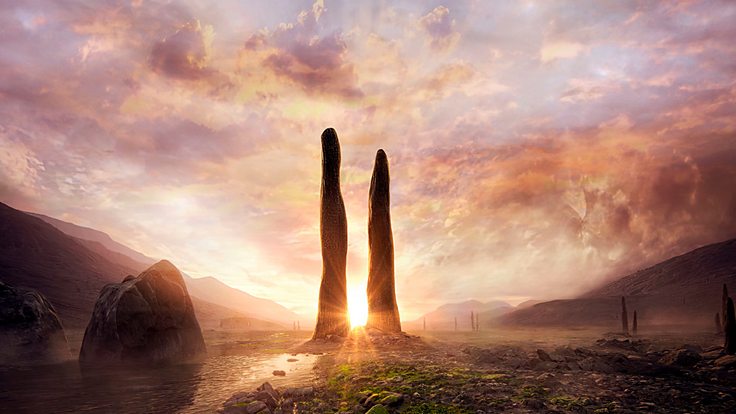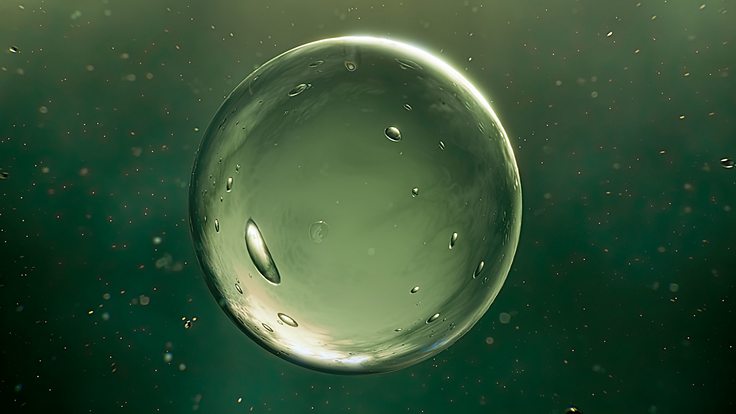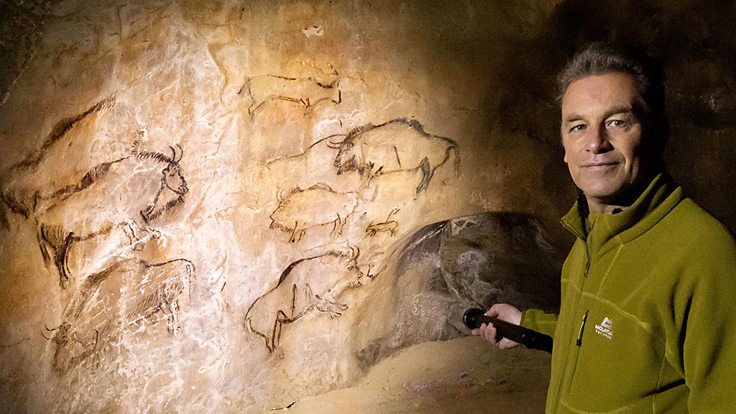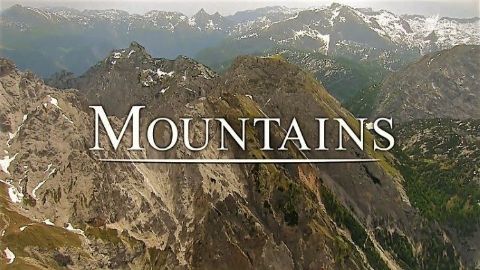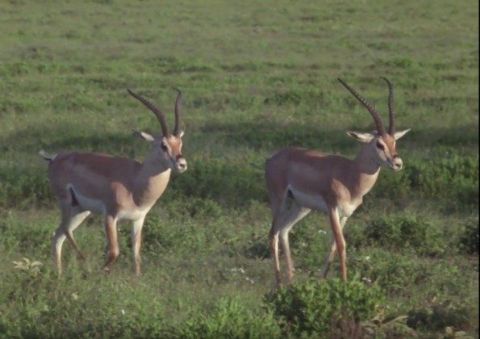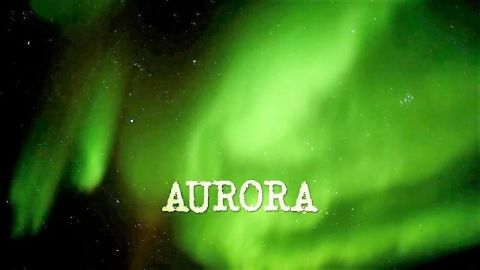Atmosphere • 2023 • episode "S1E4" • Earth: One Planet, Many Lives
In this episode, Chris Packham tells the almost implausible story of how our world went from a barren rock with a sky of endless black, to the planet we know today, cloaked in the thin blue line of our life-sustaining atmosphere. When Earth first formed from clouds of dust and gas 4.6 billion years ago, it was - like so many other lifeless worlds in the universe - devoid of an atmosphere, an inhospitable rock floating in the black void of space. But as the young planet was pummelled by asteroids a period of extraordinary upheaval began. Over a two-billion-year period, the planet faced violent eruptions and a toxic orange haze, vast oceans of water in the sky and seas turning rusty red. Eventually, with the emergence of life and photosynthesis recalibrating the gases in our atmosphere, the stage was set for Earth to become the vibrant azure-skied planet we call home today.
Make a donation
Buy a brother a hot coffee? Or a cold beer?
Hope you're finding these documentaries fascinating and eye-opening. It's just me, working hard behind the scenes to bring you this enriching content.
Running and maintaining a website like this takes time and resources. That's why I'm reaching out to you. If you appreciate what I do and would like to support my efforts, would you consider "buying me a coffee"?
Donation addresses
BTC: bc1q8ldskxh4x9qnddhcrgcun8rtvddeldm2a07r2v
ETH: 0x5CCAAA1afc5c5D814129d99277dDb5A979672116
With your donation through , you can show your appreciation and help me keep this project going. Every contribution, no matter how small, makes a significant impact. It goes directly towards covering server costs.


